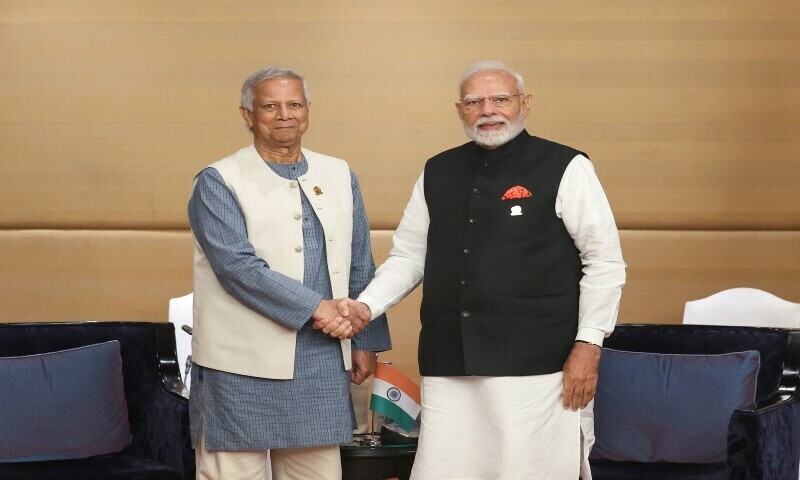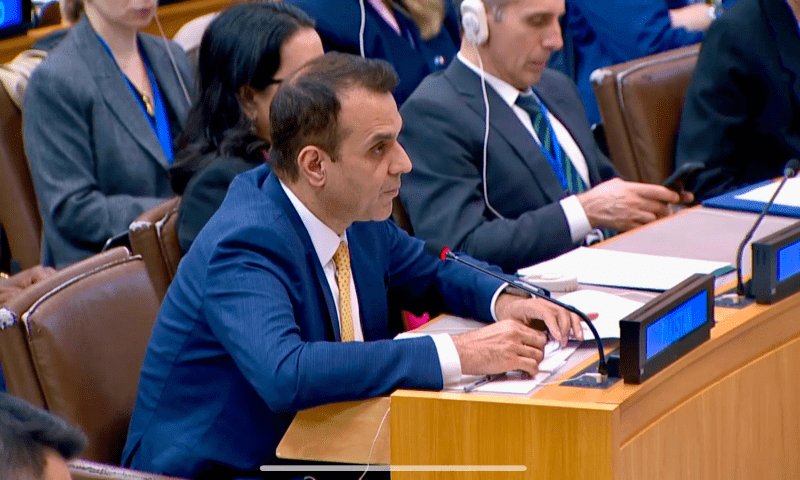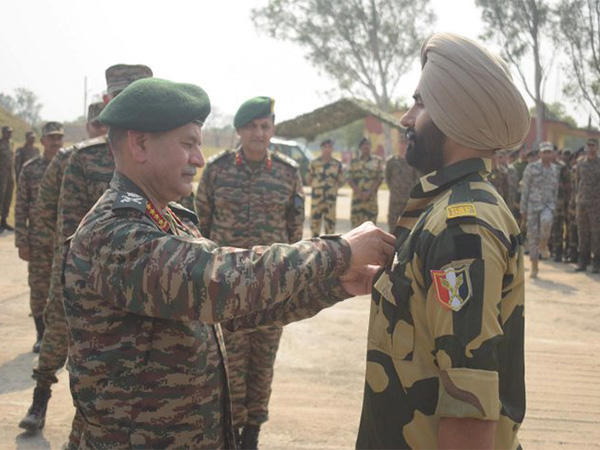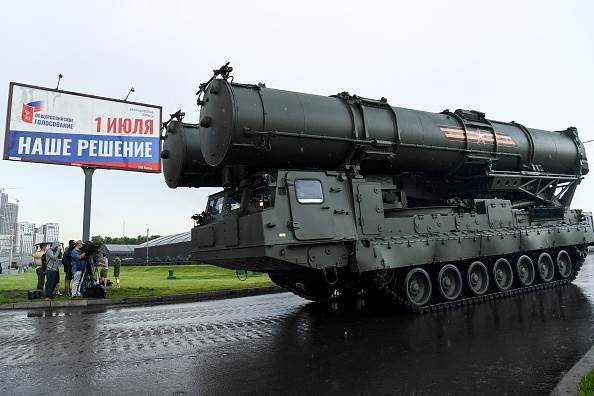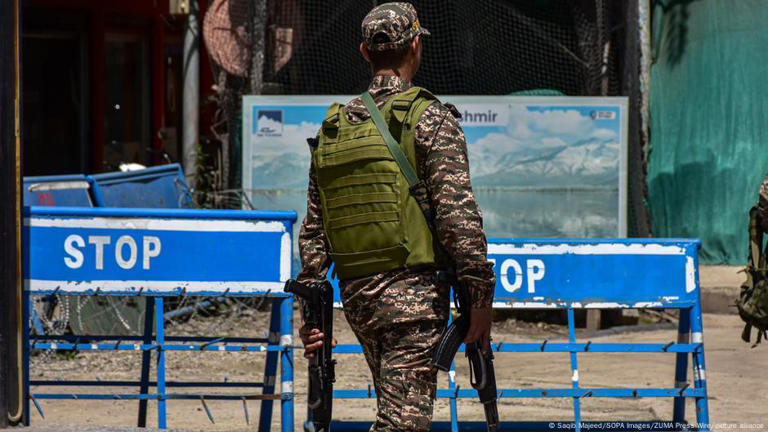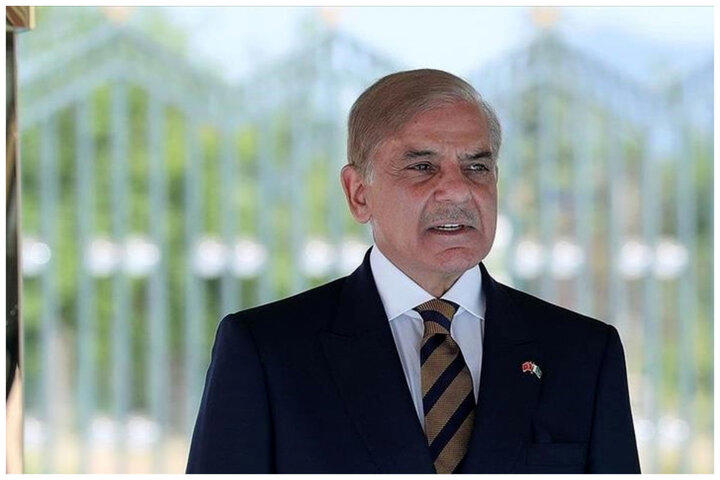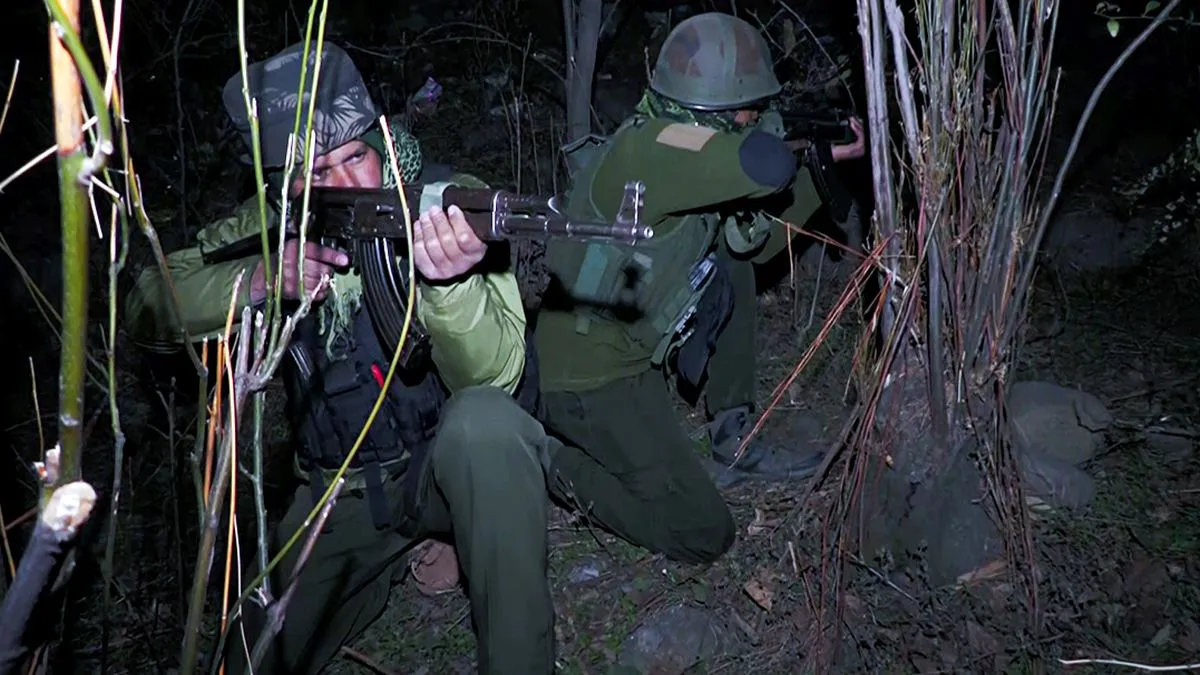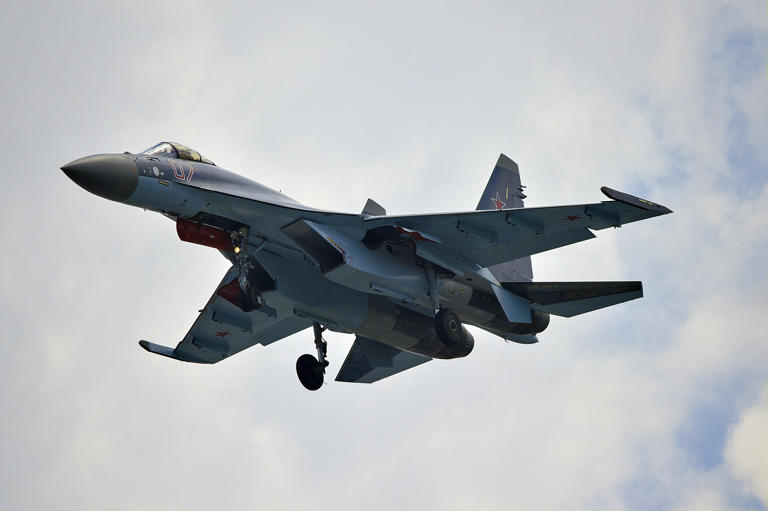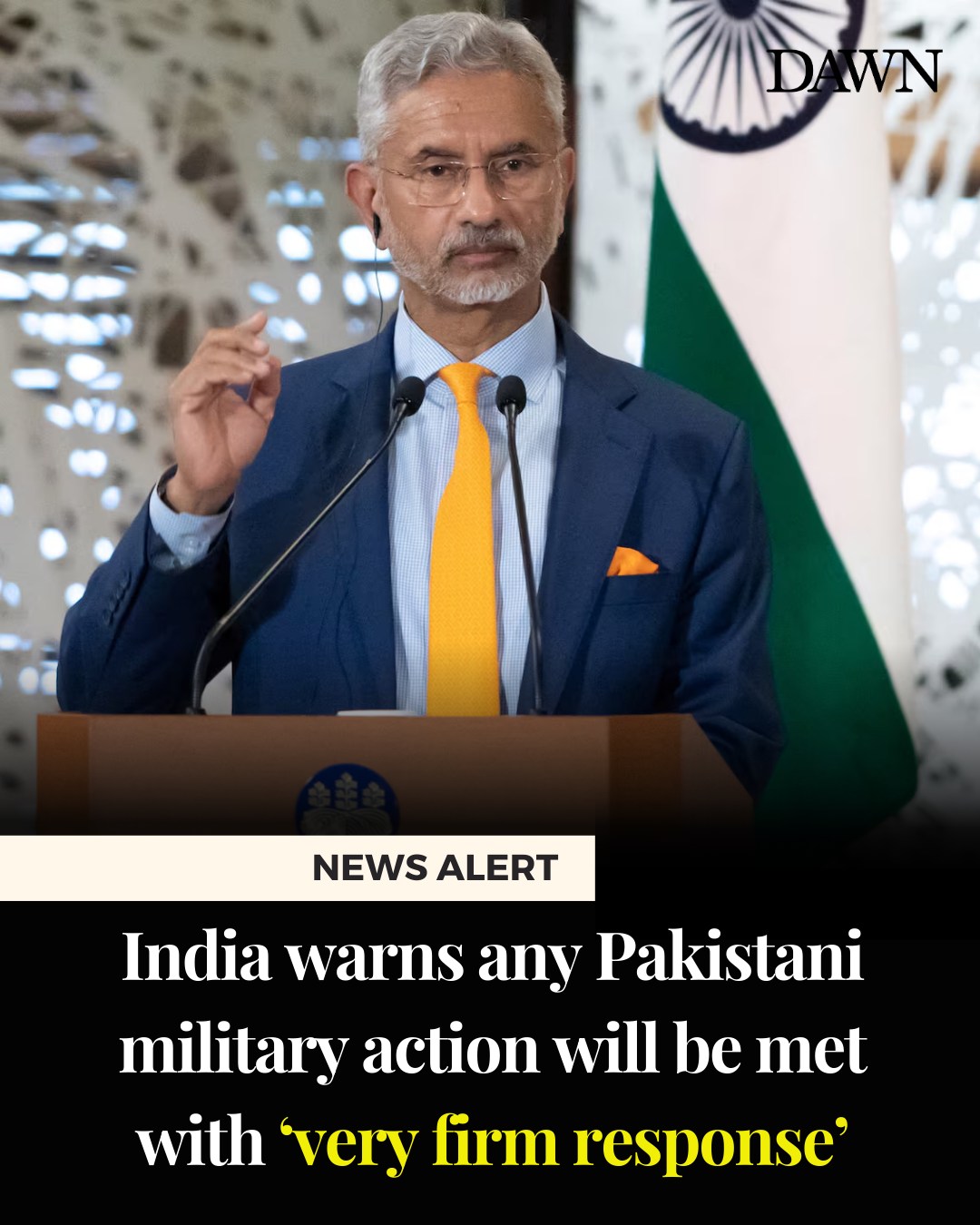“Bangladesh has delivered a stinging rebuke to New Delhi, abruptly canceling a $21 million naval contract with India—the first defense deal axed since Sheikh Hasina’s ouster. The move comes days after India choked $700M in Bangladeshi garment exports through port restrictions. While Delhi downplays the impact, analysts see a dangerous pattern: transshipment withdrawals, trade barriers, and now military deals unraveling. With China waiting in the wings, this rupture could redraw regional alliances. One message is clear: Dhaka won’t be pushed around, even by its giant neighbor.”
“India just turned off the tap—and Pakistan is gasping for survival. By suspending the 1960 Indus Waters Treaty after the Pahalgam attack, Narendra Modi’s government has weaponized water against 240 million people. At the UN, Pakistan warned of ‘genocidal consequences’ as crops wither and reservoirs drain. But beyond the humanitarian crisis lies a terrifying precedent: two nuclear powers now fighting over rivers instead of borders. With 80% of Pakistan’s agriculture hanging in the balance, this isn’t just about Kashmir—it’s about whether international law can prevent a man-made famine in the world’s most dangerous flashpoint.
On May 15, 2025, Chief of Army Staff General Upendra Dwivedi honored Constable Harvinder Singh of the Border Security Force (BSF) Jammu with a Commendation
Amid escalating tensions between India and Pakistan, sensational reports claiming the destruction of India’s advanced S-400 air defense system have gone viral—but the truth remains shrouded in propaganda. Pakistani media, citing military sources, allege a precision strike by JF-17 jets under “Operation Bunyan-un-Marsoos,” while India’s government dismisses these claims as “baseless misinformation.” With no independent verification and both sides doubling down on conflicting narratives, the incident underscores the fog of war—and the dangerous role of disinformation in modern conflict. Who’s telling the truth? The answer, for now, may lie somewhere in between.
The recent escalation of tensions between India and Pakistan over the Kashmir conflict has been accompanied by a significant crackdown on press freedom in India, particularly in the Jammu and Kashmir region. Journalists like Irfan Mehraj and Asif Sultan have been arrested under stringent laws such as the UAPA and PSA, often without formal charges or trials. Additionally, organizations like the Jammu & Kashmir Ittihadul Muslimeen and the Awami Action Committee have been banned under the UAPA. The extensive use of the PSA for administrative detention without trial has raised concerns about suppressing dissent. This crackdown has drawn criticism from international human rights organizations, the United Nations, and domestic political leaders, highlighting serious concerns about democracy and human rights in the region.
On May 10, 2025, Sub-Inspector Md Imteyaz of the Border Security Force (BSF) was killed during cross-border firing by Pakistani forces in the RS Pura sector of Jammu, with seven other BSF personnel injured. Imteyaz was leading his unit when the incident occurred. The BSF honored his sacrifice, and a wreath-laying ceremony was held. This incident transpired shortly after a ceasefire agreement, which was violated, resulting in casualties. India’s Foreign Secretary condemned the violations, directing strong responses to further breaches. The loss of Imteyaz highlights the fragile ceasefire and persistent tensions along the India-Pakistan border.
In the wake of escalating hostilities between Pakistan and India, Prime Minister Shehbaz Sharif has taken decisive steps to consult with political leaders across the spectrum, aiming to forge a unified national response. This move follows a series of Indian missile and drone strikes targeting Pakistani civilian and military sites. During high-level meetings, PM Sharif briefed leaders on India’s attacks and Pakistan’s measured military response, emphasizing restraint and national sovereignty. Leaders from various parties expressed solidarity with the government’s stance. In retaliation, Pakistan launched “Operation Bunyān al-Marsūs,” targeting key Indian military installations. Despite provocations, Pakistan initially exercised restraint, proposing a neutral investigation into the Pahalgam incident, which India declined. The international community played a pivotal role in mediating a ceasefire, though the situation remains fragile. PM Sharif’s consultations reflect a commitment to national unity and a strategic approach to external aggression, emphasizing diplomatic channels to navigate regional tensions responsibly.
In a significant escalation, Pakistan has resumed heavy shelling in the Poonch sector of Jammu and Kashmir, intensifying border tensions. This marks a continuation of ceasefire violations along the Line of Control, with the Indian Army responding proportionately. The shelling has caused significant civilian distress, with at least 15 civilians killed and 43 injured in Poonch district, leading to evacuations. This resurgence follows India’s “Operation Sindoor,” targeting terrorist infrastructure, and has drawn international concern, with calls for restraint from global leaders. The situation remains volatile, highlighting the urgent need for diplomatic engagement and de-escalation.
In a significant development in South Asian military affairs, Pakistan has confirmed the deployment of Chinese-made J-10C fighter jets in response to recent Indian military actions. This marks a notable moment in the region’s defense dynamics, highlighting the evolving alliances and military capabilities of both nations. As tensions between India and Pakistan continue to escalate, the introduction of advanced Chinese fighter jets into the conflict underscores the shifting strategic balance in South Asia. This blog explores the implications of this deployment, the international reactions, and the broader concerns for regional security. Join us as we delve into the evolving military landscape and its potential impact on the ongoing India-Pakistan conflict.
In a significant escalation of regional tensions, Indian Foreign Minister S. Jaishankar has issued a stern warning to Pakistan, asserting that any military aggression will be met with a “very, very firm response.” This declaration follows India’s recent missile strikes on multiple locations within Pakistan, targeting what it describes as terrorist infrastructure
